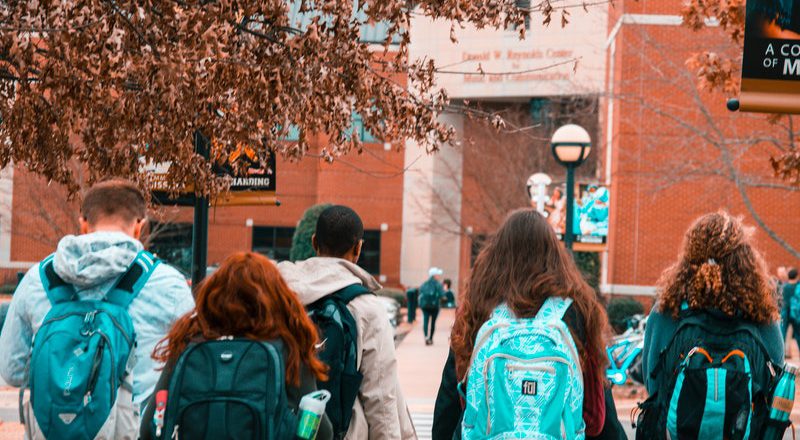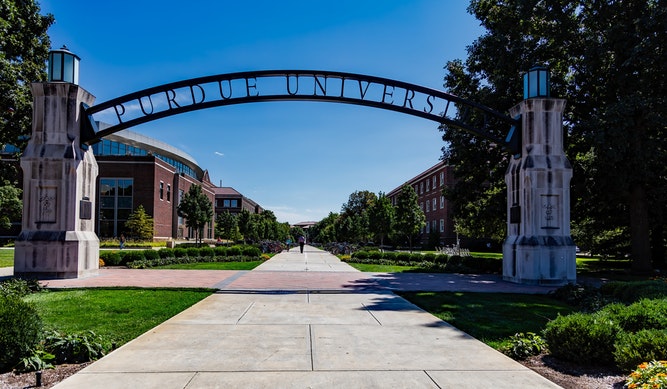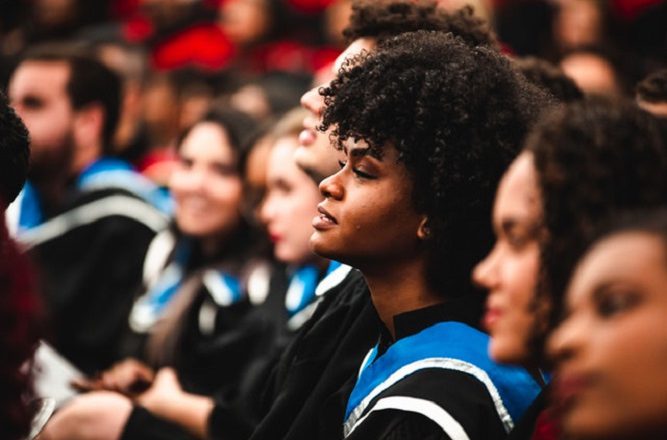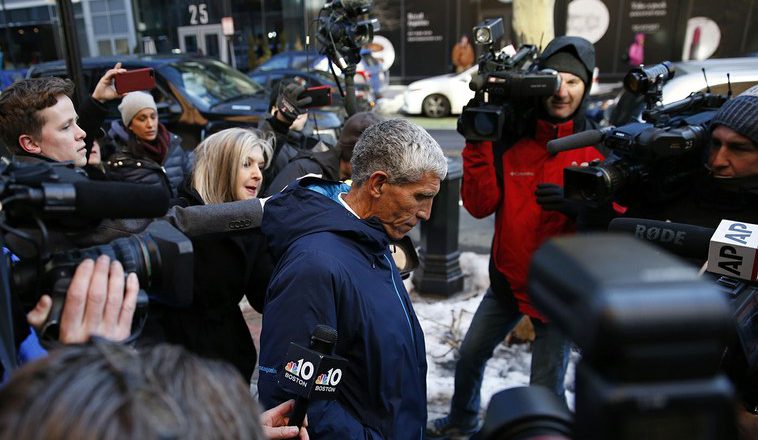What college students need to know about liability waivers for COVID-19
As college and university campuses across the United States reopen, administrators are faced with the task of protecting students while also protecting the interests of the institutions they lead. This includes reducing the risk of lawsuits. Some institutions have resorted to forcing students to sign liability waivers. What purpose do these serve and is this the best course of action? As a professor who researches higher education law, here are my answers to four questions related to these waivers.
1. Do liability waivers protect universities from lawsuits?
Generally, no. A liability waiver is generally viewed in court as an assumption of risk on the part of the person who signs it. So in this case it would be the student. This means that the person acknowledges there are some naturally oc...







